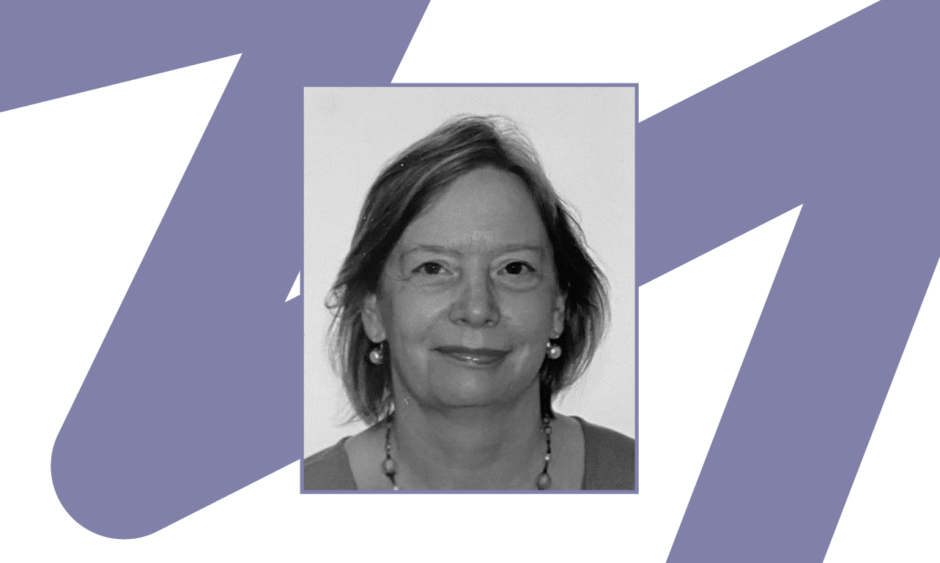Ingeborg Bajema | Department of Pathology, Leiden University Medical Center, The Netherlands; Scientific Committee Member, European Renal Association; President, Renal Pathology Society, Chicago, Illinois, USA
![]()
Following your initial medical training, what led you to pursue a career in the field of nephrology and renal pathology?
During my training, I became inspired by a course in general pathology that made me feel sure that I wanted to become a pathologist. My interest in renal pathology was initiated by the people who worked in this area, in particular Jan Bruijn, who later became the promoter of my PhD thesis.
You have published over 100 peer-reviewed articles in your career. What do you believe are the current gaps in the literature?
I see many opportunities to pursue the genetic background of renal diseases that may be responsible for chronic kidney disease, where the cause sometimes remains unknown. Nephrologists, renal pathologists, and clinical geneticists should invest in this topic together. I also think there could be clues towards different inflammatory mechanisms in this area, which may have relevance for some of the histological classification systems on which I work.
You are currently a member of the scientific committee for the 59th European Renal Association (ERA) Congress. What are the most significant changes to the programme for the 2022 ERA Congress compared with last year’s event?
A major change was, of course, the fact that we were so happy to have a live component to our congress again. It was great to meet others in person again. In the programme, there was a significant focus on renal pathology, which I enjoyed very much, in particular the use of artificial intelligence in our field was highlighted, which is
extremely interesting.
The ERA have key set of values that the association adhere to. How do you think that these values translate into and impact clinical practice?
I hope they do, although we have no tools, of course, to measure whether this is truly so. In regard to the programme at the conference, I would like to compliment Annette Bruchfeld for reminding us, time and again, to keep an eye on diversity, and also on involving the young generation of scientists and physicians in the programme. I think she was very successful in doing this! In particular, recognising what young people do and rewarding them for their scientific input is one of the most important tasks we have.
You have always been involved in the curriculum for medical students. How do you feel the curriculum has evolved in recent years?
Because of COVID-19, a major change took place in digital teaching. It also gave an enormous impulse to the usage of digital pathology, and there are many more areas that we can explore here. I think it would be great if we could create ‘digital patient scenarios’ in our curriculum: digital case studies that would enable students to make clinical decisions, and where they could safely experience what happens if they make mistakes and how to correct them.
What are some points of emphasis that you incorporate into your teaching?
The important advice that I give my students is to be communicative: work with your colleagues, ask for advice, look up things that you are uncertain about, and get to know where you are ‘unknowledgeable’. This is the point where you should stop and go to someone with more experience. And it is important, of course, that senior doctors should be there at that point and provide help.
What has been the proudest achievement of your career?
I think my proudest achievement is still to come, but I am confident that it will.








